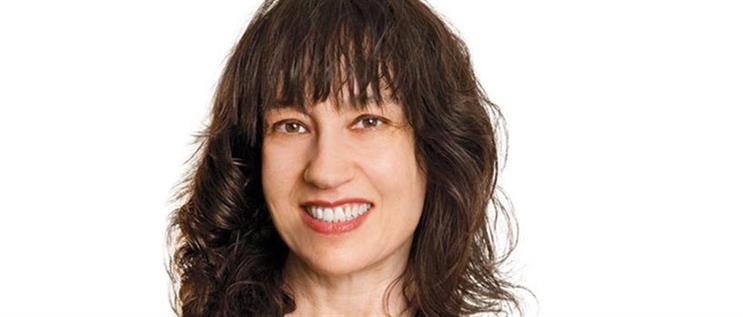Printed book sales are up – are there lessons for printed magazines and newsbrand publishers? Printed book are up for the first time in four years because of some very smart thinking and operational agility on the part of publishers.
Given that even the most optimistic pundits were predicting a long-term decline in the only a few years ago, this defies expectations. Are there lessons in keeping "old technology" alive that might be applicable to other media?
Factors contributing to the doom-mongering for books included:
-Amazon’s dominance of the book trade which would drive independent bookshops out of the high street in the wake of record shops.
-The e-book destroying the economics of printed books, because consumers would think that the price should be a fraction of the printed version.
-Pirates destroying the book economy once it was predominantly digital.
The business world has turned into a giant computer game of Tetris for us all (challenges in different shapes and sizes just keep on coming.) And book publishers are no exception. We try and plan for a smooth strategy but agile tactics are crucial to survival.
And now it looks like book publishers haven’t just survived, they have maybe turned things around, for now at least.
Publishers are to be applauded for their innovative outlook. Many, including the exemplary Harper Collins, have heritage to be proud of stretching back centuries, and are now tackling the issues of this century with the kind of bravery their founders would be proud of.
I recently talked to Stephen , CEO of Faber, about how the smaller, independent book publishers have navigated their business Tetris. His account of the turnaround has practices for change that all of us can learn from:
First, get everyone together to discuss how to align best practice and unite in the face of turmoil.
In 2004 Page, together with other forward thinking independent publishers including Profile Books (the publishers of my own upcoming The Glass Wall) spearheaded the creation of the Independent . The purpose was to put aside competitive difference to "share a common vision of editorial excellence, original, diverse publishing, innovation in marketing and commercial success."
Secondly, support your distribution network. If the bookshops had disappeared from the high street then that would have made the future of print much harder to salvage. The Alliance supports independent booksellers in terms of special promotions, point of sale and author presence.
Thirdly, try everything. According to Page no innovation should go untested. In 2007 Faber launched an – a creative writing school, which represented a new revenue stream for the publishing house. This gave the public what they wanted (consumer-centric), but broke absolutely with the traditions of the market place. So what?
Change is good. Give the customer what they want. Keep the customer satisfied. (Courses now for the next JK Rowlings out there amongst you.)
Page calls this "A riot of cross-dressing"; a colourful descriptor of everyone experimenting with new revenue streams from other sectors. A riot which can seem remarkably slow to take place in some sectors of the media world. Are some businesses still locked into traditional revenue streams, and in milking the last dregs out of them?
Despite doom-mongering, nothing is inevitable.
The fourth, and perhaps most crucial point, is to have a positive outlook. Don’t worry about being wrong, or making mistakes. Have the courage to try things that might seem too disruptive to the status quo. These may be the very things that save your business. If you don’t self-disrupt, then the disruptors from outside your business will destroy you.
Sue Unerman is the chief strategy officer at MediaCom


